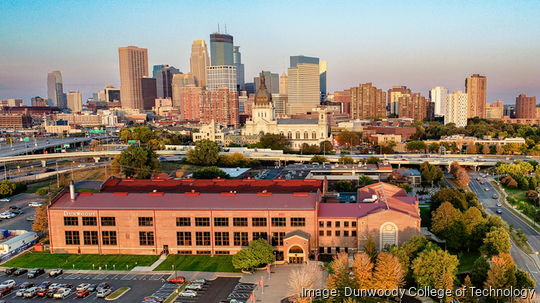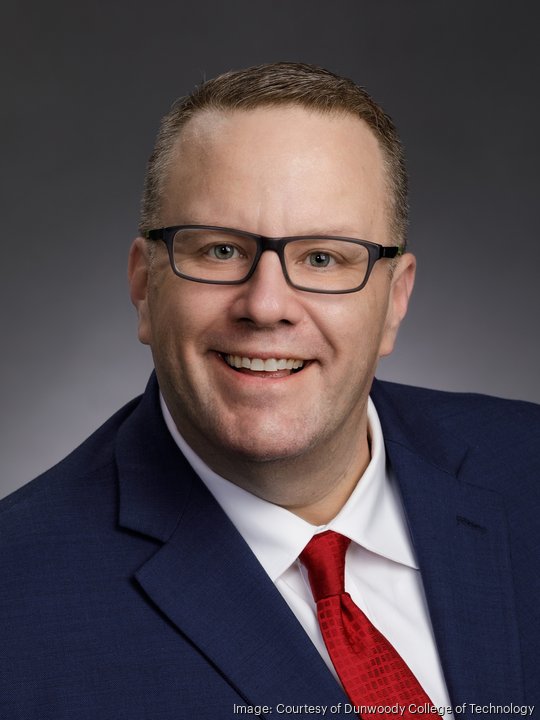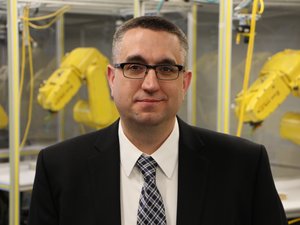
Dunwoody College of Technology's fall 2024 semester class is breaking enrollment records for the technical school, jumping 7.7% from its fall 2023 semester.
The enrollment gain continues a decade-long trend for Dunwoody, which has seen its student population grow 43% from 2014 to 1,543 this fall. The nonprofit technical college at the edge of downtown Minneapolis offers certificates, associate's and bachelor's degrees in more than 40 majors, including engineering, robotics, design and other STEM fields.
That contrasts with nationwide undergraduate enrollment growth of just 2.5% in spring 2024 compared to the year before, according to data from the National Student Clearinghouse Register Center. Data suggests that vocational schools like Dunwoody are seeing much stronger growth, with vocational-focused community college enrollment growing by 16% between 2022 and 2023.
One major reason: Technical schools are well positioned to deliver jobs to graduates, and quickly.
Cologne, Minnesota native Michael Miller, who graduated from Dunwoody in May with an associate of applied science in robotics degree, joined the school in 2022 after serving in the Navy. Miller said he was drawn to a technical career after serving his time aboard the submarine USS Louisiana. He began working at Medtronic while still in school and had secured a full-time offer by the start of his final semester.
"I was able to go to class from 7:30 a.m. to 2 p.m. and then do a shift from 2 p.m. to 7 p.m. or as long as I wanted to after class," Miller said. "It was great to learn the technical skills in class and then apply them while working at Medtronic."
Medtronic is now helping Miller pay to get a bachelor's degree in automation and controls engineering
Scott Stallman, who will be inaugurated as Dunwoody's new president on Sept. 25, said a majority of the college's students have jobs before they graduate.
"One of the things we're exceptional at is our partnership with industry," Stallman said. "All of our programs are heavily informed by our employer partners. These folks really build the curriculum of the college, telling us what's next and what's happening in those fields. We're very agile in being able to make sure students are available to be ready for day one [on the job]."
For the launch of its automation and controls engineering technology degree program, the college partnered with 11 companies including Maplewood-based 3M Co., Minneapolis-based Graco Inc., Cargill Inc. of Minnetonka and TKDA of St. Paul. St. Louis based Emerson, which employs hundreds of people in the Twin Cities, donated lab equipment for hands-on training. The school also hosts job fairs with several industry partners that bring 400-plus employers to the campus.
"We have a waiting list of companies for our job fairs," Stallman said. "We can't physically accommodate the number of employers that want to be here to meet our students."
Anthony Johannes enrolled in Dunwoody in 2018 at age 30. After graduating in 2020, he works as an automation technician at Graco. He also re-enrolled in Dunwoody's automation controls and engineering technology bachelor's degree program while working full-time at Graco. The school, he said, goes "a step further than many other institutions and works to ensure that every graduate finds a job in their field of study."

The private college's tuition averages $25,000 a year, but the school offsets the costs through financial aid and scholarships — 71% of students receive financial aid and 58% receive scholarships. In April, the college partnered with Raise the Barr, a nonprofit organization founded by Vikings linebacker Anthony Barr, to offer scholarships to single parents.
Stallman said Dunwoody's college structure sets students up for success by putting students in cohorts, prescribing the curriculum for students and by sticking to its strategic plan.
"As pay has increased for these manufacturing, construction, skill-trade fields, people's stigmas of the technical industry starts to erode," Stallman said. "People are starting to look at the return on investment for education."






